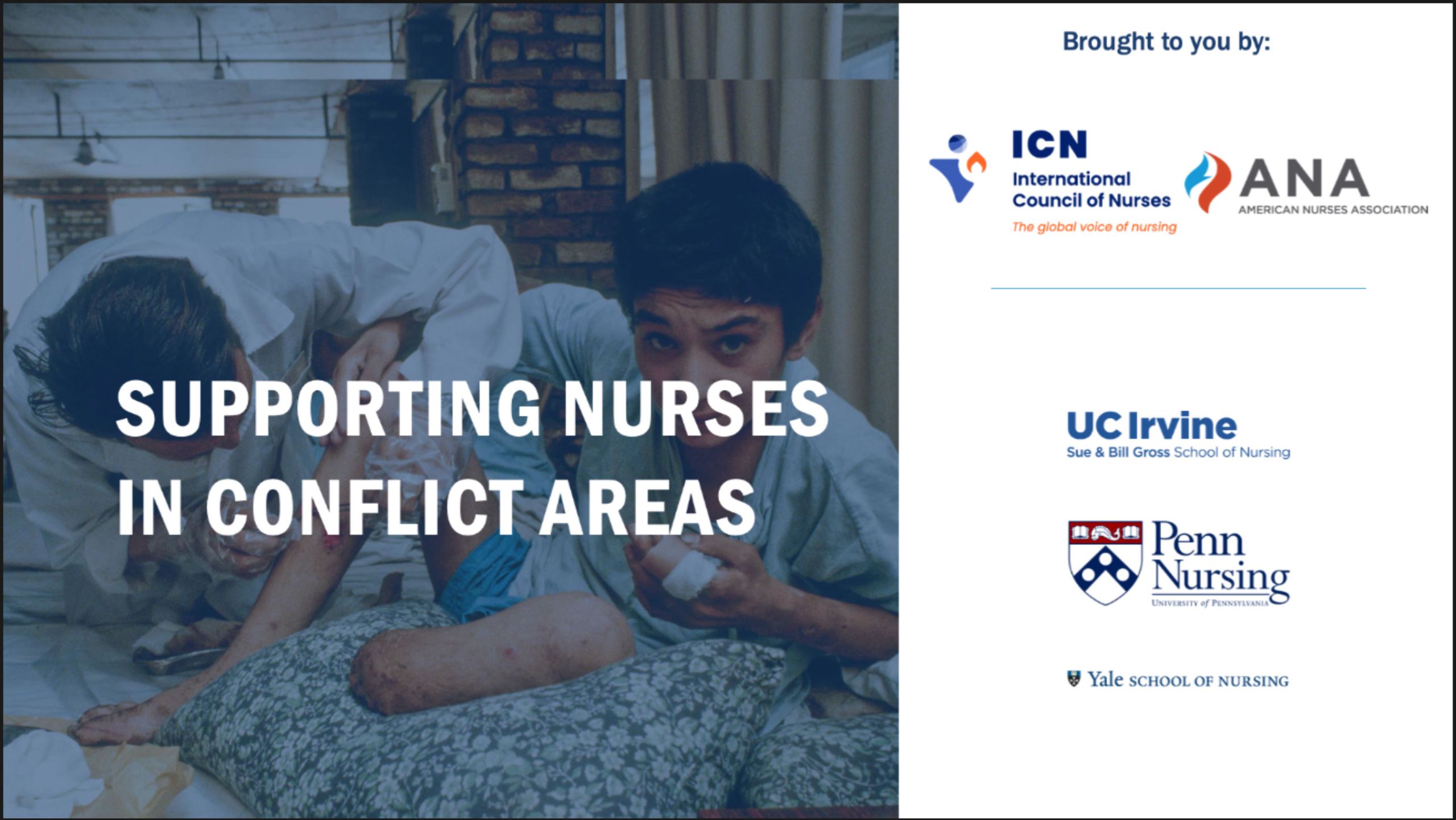
By Mark Lazenby
Dean and Professor, UCI Sue & Bill Gross School of Nursing
In November, the Health Program of COP26 (the United Nations’ annual Climate Change Conference, which includes the United States), invited two new, overarching areas of commitment from member states.
These are “to build climate resilient and sustainable health systems” as a priority: because every country’s health systems are at the frontline of dealing with climate-related threats to health, and because globally, healthcare systems are themselves significant contributors to climate change.
For nurse leader Elizabeth Schenk, executive director for environmental stewardship for Providence Health System, the commitments requested by COP26 are long overdue. Interviewed for this month’s edition of our newsletter — which is dedicated to nursing and the environment — she describes her lifelong concern with the impact of environment on health and of healthcare on environment. In our interview, Schenk offers good reasons why nurses need to be centrally involved in the fight to ameliorate climate change and its impact on human health.
It is sometimes reported that efforts to combat climate change have been slow in coming because the threatened crisis is too massive for ordinary individuals to contemplate — or even, sometimes, to believe in. People may feel that whatever changes they make on a daily basis will be too insignificant to be worthwhile, or that the threat of catastrophe is so frightening it is easier to ignore.
For nurse leaders, this is not an option. A great privilege of being a nurse, I believe, is that we do not need to feel helpless or overwhelmed even in the face of daunting challenges. We can see the difference made by our daily acts of care, and the enormous difference that our profession can make when we, as individual nurses, act together.
Moreover, because we so often work at the interface between healthcare and the public, we are ideally positioned for positive influence on people’s lives. Finally, we know that environmental harm is a threat that we must prioritize, because the health impacts of environmentally created disease and disaster are far greater on those who are already the most vulnerable.
It is encouraging, therefore, to read some of the thoughts on nursing and climate change offered by a future nurse leader at UCI, and which you can read in this newsletter. Their energy, commitment and care lend weight to Elizabeth Schenk’s conviction — which I share — that the involvement of nurses is essential to the survival and regeneration of our planet.




Leave A Comment